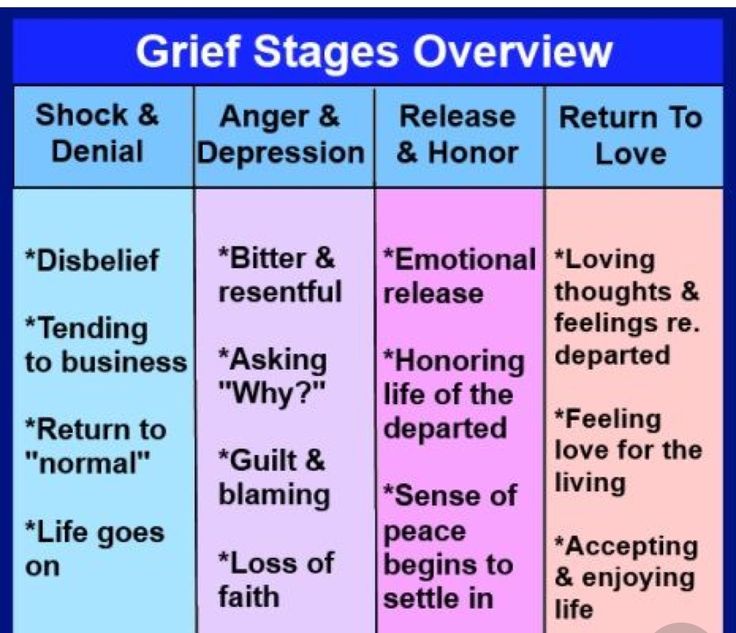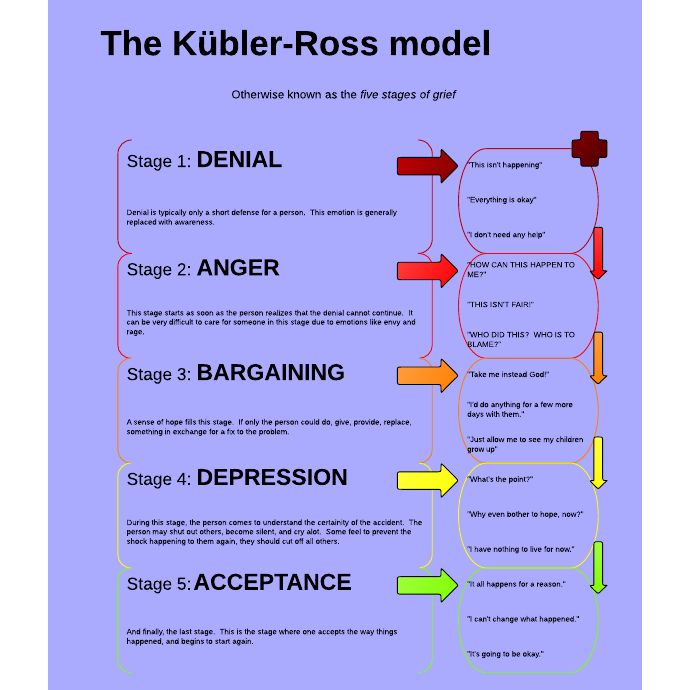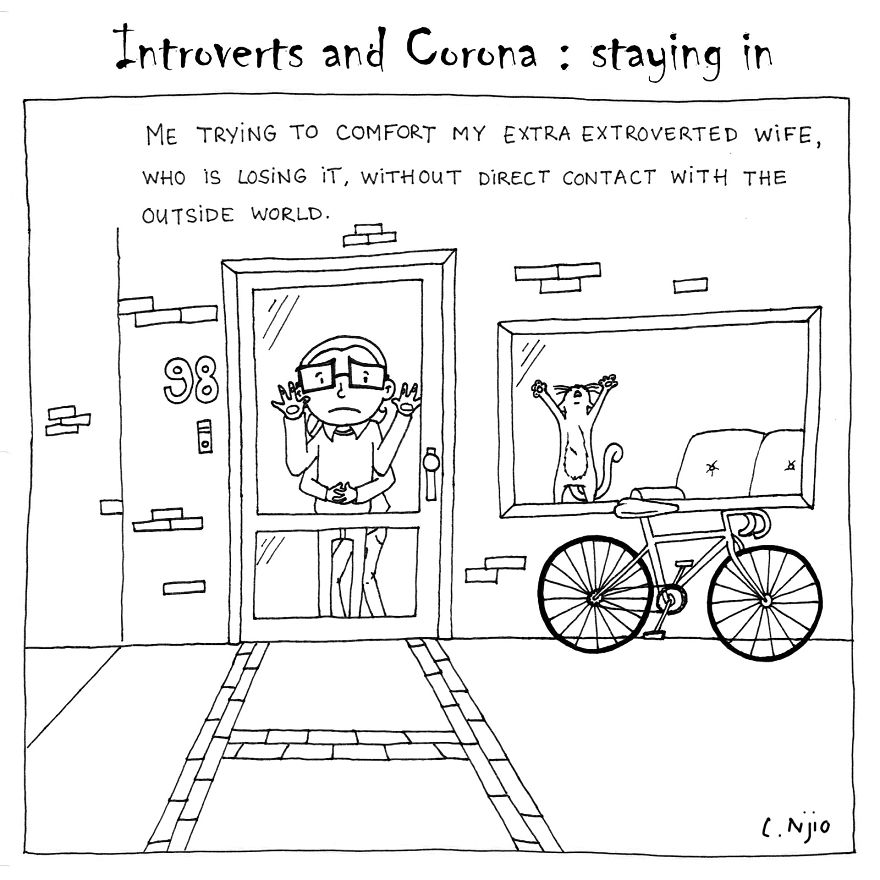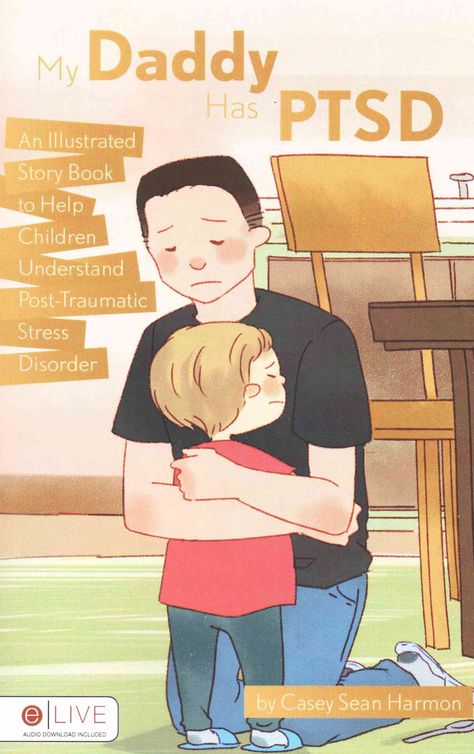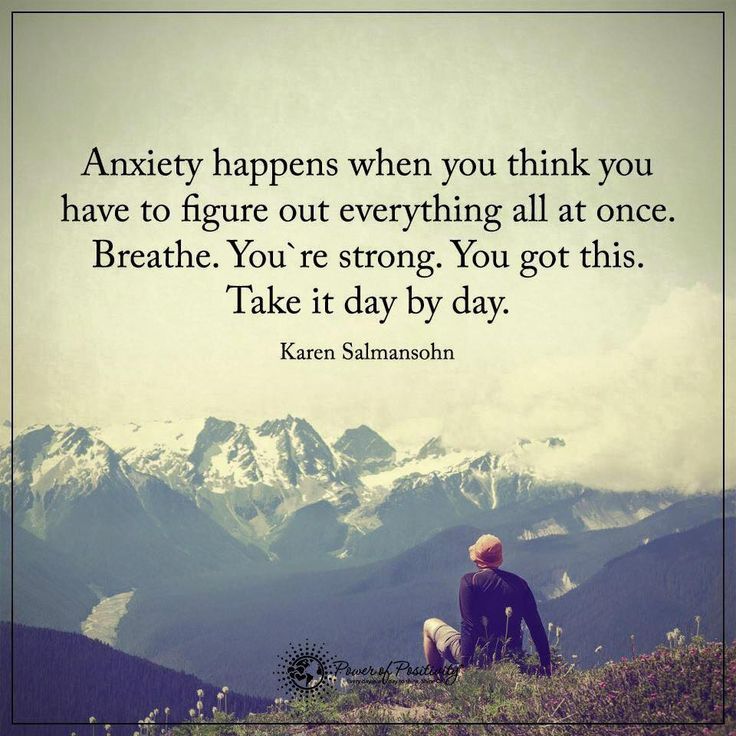Release from anger
10 Healthy Ways to Release Rage
As a health care worker during the COVID-19 pandemic, you’ve probably dealt with some anger over the last few months, as the virus continues to take lives across the United States. With infection rates climbing once again, that anger may increase in intensity - what was once frustration may become full-blown rage. The circumstances causing this rage might be beyond your control (you can’t easily change how your government officials are handling COVID-19 in your community or force everyone to obey regulations), but you can control your own reactions. Relaxation techniques or mindfulness often work for lower intensity anger like frustration or annoyance, but with a feeling as high energy as rage, try to let that energy out in a safe way.
-
Throw or break something (safely).
via GIPHY
Physically throwing something can relieve stress and be helpful in the immediate moment.
Have a yard? Get out there with a ball or find some rocks to throw if you have enough space. Or smash something, like a mug or old piece of junk that you’ve been meaning to get rid of. If that’s not a realistic option, get creative - throw something soft (like balled up socks or a roll of toilet paper) against a blank wall or an apple into the woods (the birds will get it).
- Scream – in private.
via GIPHY
When you can feel anger boiling inside you, yelling is often incredibly cathartic and can pull you out of that blind rage you may be experiencing. Take care to not startle or worry anyone (including nearby neighbors) by screaming into a pillow. If you’re at work and can take a break for a few minutes, your car is good option too.
- Sing it out.

via GIPHY
Put on some music that has anger in it – even if the artist’s anger is different from yours. Channeling your own feelings into the song and expressing that fury can help release some of your own anger.
- Dance it out.
via GIPHY
Dancing can be a great way to express your emotions, especially when they are so powerful that you can physically feel them in your body. Dance to angry music, happy pump-up music, or no music – just get that excess energy out.
- Do a tough workout.
via GIPHY
If dancing isn’t your thing, try another form of high energy exercise, like boxing or sprinting.
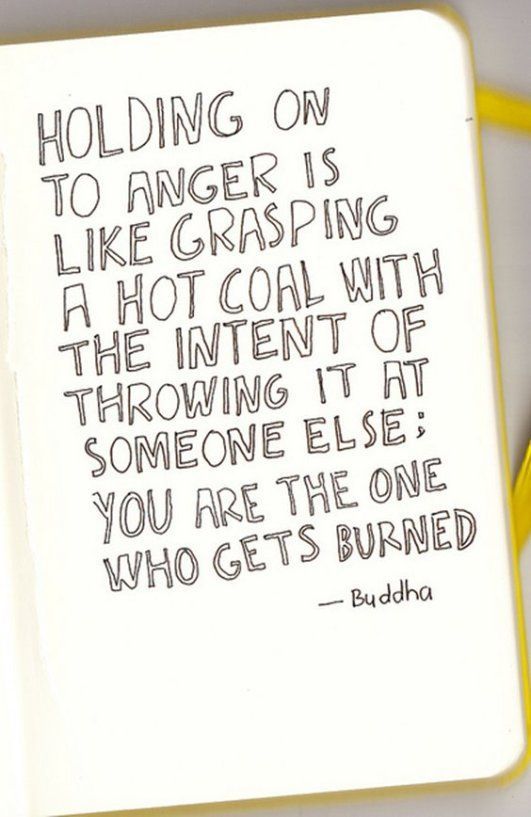 You can search for free workout videos online or do your own thing, but make sure to push yourself and give it your all if you’re looking for that anger release. It might feel silly but yelling or grunting while working out might even help you exert more energy.
You can search for free workout videos online or do your own thing, but make sure to push yourself and give it your all if you’re looking for that anger release. It might feel silly but yelling or grunting while working out might even help you exert more energy.
- Journal.
via GIPHY
Putting your feelings into words isn’t always easy and writing may not be your go-to technique, but if your mind is spiraling with angry thoughts, dumping them all out onto paper can bring some peace. It doesn’t have to be a big ordeal – even just typing a stream-of-consciousness note on your phone during a quick bathroom break can help calm your mind.
- Draw or paint.
via GIPHY
Art is often a powerful way to confront your big feelings and turn them into something beautiful. Let go of your work being “good” – allow yourself to create solely to express yourself. Do what feels good rather than focusing on what will look good.
- Change your surroundings.
via GIPHY
When you can’t quiet your thoughts, a change of scenery – even just going into the next room or stepping outside for five minutes – can disrupt the track that your mind is on.
- Destroy a physical representation of your anger.
via GIPHY
Print out that email that set you off or write down the things that are upsetting you.
 Then scribble all over it, tear it up, or put it through the shredder.
Then scribble all over it, tear it up, or put it through the shredder.
- Verbalize your anger.
via GIPHY
You can always vent to a trusted friend, but sometimes it feels better to pretend you’re talking directly to the person you’re angry at. Pick an empty chair, imagine they’re sitting in it, and yell, scream, or tell them exactly why you’re so mad – whatever feels best to you.
If you’re working to manage your feelings in a healthy way but it just seems impossible, take a mental health screen – you may be dealing with symptoms of a mental health condition. For immediate support, you can reach out to Magellan Health’s COVID-19 first responder crisis line at (800) 327-7451, the Disaster Distress Helpline at (800) 985-5990, or the Crisis Text Line by texting MHA to 741-741 – all of these options will connect you to a trained crisis counselor 24/7/365.
How to Let Go of Anger In Healthy Ways
It can be tough to know exactly how to let go of anger and resentment. Though conventional wisdom might nudge you toward immediate forgiveness and release, you probably can’t turn your anger off like a faucet. But, before we get into exactly how to let go of anger, let’s get one thing straight: You’re allowed to be irritated, annoyed, and pissed off. There’s nothing inherently wrong with those feelings.
At SELF, we’re passionate about normalizing big emotions—we want you to know it’s okay to experience them. Like every other feeling, anger provides information, Cicely Horsham-Brathwaite, Ph.D., a counseling psychologist and mindset coach, previously told SELF. So, if you have found that you’re raging about something specific (or you’re more pissed off than usual, and you don’t know why), anger might be pointing you toward something you need to acknowledge.
Anger is a reaction to a perceived threat, which means it can trigger our fight-or-flight response. When you’re angry, your body releases cortisol, adrenaline, and other hormones that can impact things like perspiration, heart rate, and blood flow, the American Psychological Association (APA) explains. Much like chronic stress, persistent anger can eventually lead to increased risks of hypertension, heart disease, ulcers, and bowel diseases. So while harnessed anger can be a powerful catalyst for action (think: activism), when anger controls you, it can harm your health. So it’s most helpful to try to embrace anger, learn from it, and then, well, set it free. Easier said than done? Sure. But that’s why we asked experts for advice on how exactly to do this.
When you’re angry, your body releases cortisol, adrenaline, and other hormones that can impact things like perspiration, heart rate, and blood flow, the American Psychological Association (APA) explains. Much like chronic stress, persistent anger can eventually lead to increased risks of hypertension, heart disease, ulcers, and bowel diseases. So while harnessed anger can be a powerful catalyst for action (think: activism), when anger controls you, it can harm your health. So it’s most helpful to try to embrace anger, learn from it, and then, well, set it free. Easier said than done? Sure. But that’s why we asked experts for advice on how exactly to do this.
Finding a balance between embracing and releasing anger requires that you “develop an intimate relationship” with it, Mitch Abrams, Psy.D., a clinical assistant professor in the department of psychiatry at Rutgers University and author of Anger Management in Sport, previously told SELF. Below, you’ll find a list of eight things you can do to face your anger and work toward releasing it. There’s no one trick to getting rid of your feelings immediately, but you can metabolize them in healthy ways (or healthier, at least).
There’s no one trick to getting rid of your feelings immediately, but you can metabolize them in healthy ways (or healthier, at least).
1. Be honest: You’re pissed off.
Along with rushing toward forgiveness, you might feel compelled to bury your anger. This tendency can stem from cultural messages that anger is wrong (especially for women and other marginalized people), or it might come from your personal beliefs and experiences. No matter the reason, ignoring your anger (or any other emotion) isn’t the best idea. We’re not suggesting you start a fight, but it is okay to be pissed off.
Still, admitting that you’re angry can be difficult. For instance, if you’re someone who rushes to forgive (or tries to see life from every angle), imagine how you might react to a friend who is upset. The compassion and understanding that you’d share with them might be exactly what you need to give yourself. If you’re someone who buries your emotions, take a moment to admit that you’re angry out loud. Try not to rationalize it away or pretend it doesn’t exist. Simply say the words out loud and realize that the world is still standing. It’s okay to be pissed off.
Try not to rationalize it away or pretend it doesn’t exist. Simply say the words out loud and realize that the world is still standing. It’s okay to be pissed off.
2. Write down why you’re angry.
Once you’ve realized you’re angry, write your thoughts and emotions out. Not only is it great to just vent on paper for a while, as SELF previously reported, expressing your feelings helps you regulate them. When you’re angry, logic and reason tend to suffer, according to the APA. So writing down your thoughts allows you to explore how much of your anger is rooted in reality. You can start by answering the following question: Why am I angry right now?
3. Look at the situation like you’re a fly on the wall.
Journaling about your experience is helpful, but it can encourage you to ruminate a little. So if you start to feel worse about your experience, it might be helpful to practice self-distancing, which involves imagining yourself as an impartial observer in your experience.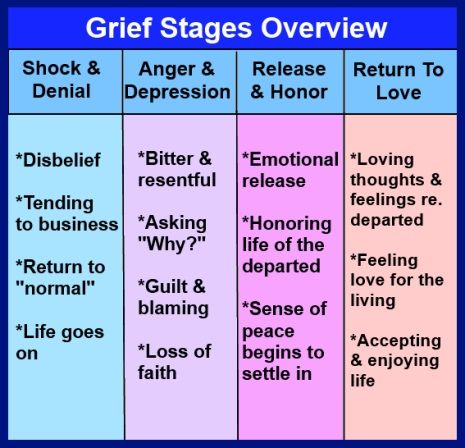 A 2021 study published in Frontiers in Psychology examined whether self-distancing could reduce negative self-talk and aggressive behavior in college athletes. Although the study only included 40 athletes, the research (which builds on older studies) did find that shifting point-of-view or adopting a third-person perspective can help reduce aggressive behavior, negative self-talk, and (to a lesser degree) anger. To do this, you can visualize yourself as a “fly on the wall” and watch the events that are bothering you play out in a more impersonal way. You might also shift from using first-person pronouns to third-person. So instead of saying, “I’m so angry because…” you might say, “She’s so angry because…” It might sound weird, but it really might be helpful if exploring things from a personal perspective is making you angrier.
A 2021 study published in Frontiers in Psychology examined whether self-distancing could reduce negative self-talk and aggressive behavior in college athletes. Although the study only included 40 athletes, the research (which builds on older studies) did find that shifting point-of-view or adopting a third-person perspective can help reduce aggressive behavior, negative self-talk, and (to a lesser degree) anger. To do this, you can visualize yourself as a “fly on the wall” and watch the events that are bothering you play out in a more impersonal way. You might also shift from using first-person pronouns to third-person. So instead of saying, “I’m so angry because…” you might say, “She’s so angry because…” It might sound weird, but it really might be helpful if exploring things from a personal perspective is making you angrier.
4. Now, try to pinpoint your triggers.
When you decide to examine your rage, random memories, thoughts, and emotions can arise. Some of those thoughts might include name-calling and colorful language (no judgment). But there’s probably valuable information lurking underneath the surface too.
But there’s probably valuable information lurking underneath the surface too.
How to get rid of anger: advice from a psychologist
Psychology
We are used to controlling our emotions, dividing them into negative and positive, positive and negative. We often say to ourselves and hear from loved ones: “you can’t react like that”, “don’t be nervous”, “don’t worry”, “don’t be angry”. The unspoken goal of a modern person is to be balanced and maintain zen in all life situations. And when it doesn’t work out (that is, almost always), it means that something is wrong with him / her: a “normal” person would not react like that. And we get even angrier—not only at what happened, but also at ourselves for being angry, and at other people who point out our “imperfection.”
However, there are many scientific studies that rehabilitate the so-called "wrong" manifestations, revealing their mechanism and functions and reminding us that since evolution has developed and preserved certain reactions in us, then all of them are necessary and useful.
Why anger is an important emotion
Anger is an evolutionary pattern, one of the primary human emotions necessary to protect one's own interests. Anger signal: “Your rights/needs/life/property are at stake. Stand up for protection!
Anger is the feeling that regulates and is responsible for getting what you want. Not bad and not good, but the basic one, which is always present in you, in one way or another. Anger can be directed to change the situation - and this is its positive aspect. What else should you know about anger?
-
This is a resource that releases a lot of energy, making you stronger, more determined and bolder, which helps you grow, move forward, adapt and survive.
-
This is a feeling that helps you achieve goals and get what you need, or get out of addiction (of any kind - food, love, financial).
-
It is necessary to establish and protect its borders.
-
It helps to maintain the balance of destruction and creation: in order not to break inside, you need to break something outside.

-
If anger is not shown, but suppressed, the accumulated bitterness will certainly turn into something bad: depression, apathy, psychosomatic ailments.
“In addition, the manifestation of anger is accompanied by trust and sincerity,” adds psychologist and family therapist Yulia Grebneva. - Being angry is considered unacceptable in society, and therefore expressing anger means opening up to a person. If you learn to manage anger, it can become an indicator for defining boundaries, a tool for self-knowledge and better interaction with others.
Psychologists advise to see in anger an adviser who points to mental trauma, urgent needs, character flaws, bad habits. Always ask yourself: why am I angry? Once you've found the answer, ask the second question: Can I change this? And how can I change it?
Causes of anger
Anger is one of the primary emotions that emerged as a result of evolution, an important (and very militant) component of the fight-or-flight response to stress. This reaction is triggered in a part of the brain called the amygdala, which is formed in the eighth month of pregnancy, so it makes sense to think that anger is an innate skill.
This reaction is triggered in a part of the brain called the amygdala, which is formed in the eighth month of pregnancy, so it makes sense to think that anger is an innate skill.
Given that the human brain continues to form in the process of upbringing, the behavior patterns of other people, especially significant adults (mothers, fathers, grandparents, teachers, and others) have a great influence on the manifestation and expression of anger. The experience of neglect, oppression, ridicule, both from loved ones and from peers, also affects the tendency to anger regulation disorders - this is the term used by psychologists to describe inappropriately angry reactions.
The reason is almost always the same - dissatisfaction: in desires, expectations, actions. This is a natural reaction of the psyche to what you want, but cannot get. “All anger comes from impotence,” wrote the great Jean Jacques Rousseau.
For a more understandable idea, you can paint 4 main causes of anger
1. Obstacle on the way to the goal. In this case, anger is a resource that helps to overcome an obstacle, additional energy to achieve a goal, a stimulating factor that encourages action rather than sitting still.
Obstacle on the way to the goal. In this case, anger is a resource that helps to overcome an obstacle, additional energy to achieve a goal, a stimulating factor that encourages action rather than sitting still.
2. Unsatisfied desire. Do you remember the postman Pechkin from Prostokvashino with his immortal phrase: “Why was I evil before? Because I didn't have a bike? In this category, anger is seen as the energy to get what you want - by any means, including cunning and unscrupulousness, as in the case of the mentioned postman.
3. Intercepted (induced) anger. This feeling can be "picked up" from others, for example, by accidentally witnessing someone else's scandal. The ability to absorb emotions from others is an interesting bonus to human empathy: the ability to empathize and empathize makes us angry for no personal reason.
4. Protection from unpleasant emotions. Anger masks fear, resentment, guilt, envy, shame, pain and personal insecurity (the best defense is an attack), while often being a sign of weakness, instability, internal conflict, psychological trauma and problems.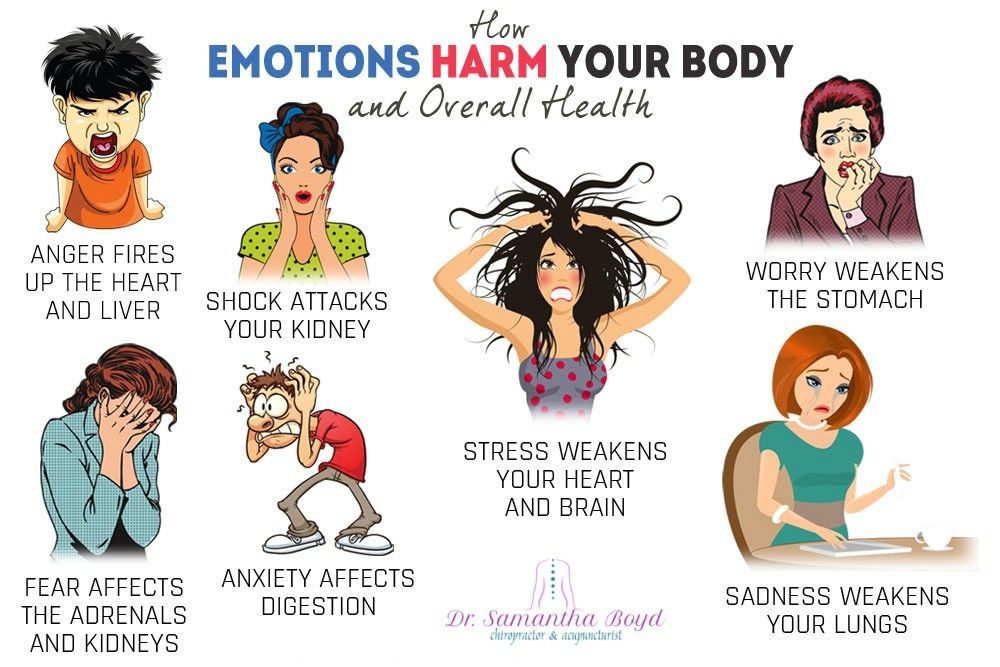 We suffer when we experience unpleasant emotions, and mental suffering is the most painful. To drown them out, anger turns on, and your Shadow, which lives in the subconscious, justifies itself: “While I am angry, I do not experience mental anguish.”
We suffer when we experience unpleasant emotions, and mental suffering is the most painful. To drown them out, anger turns on, and your Shadow, which lives in the subconscious, justifies itself: “While I am angry, I do not experience mental anguish.”
How to get rid of anger
For all its emotional importance, inadequacy in the expression of anger deprives this feeling of any advantages. “Anyone can get angry - it's easy; but to get angry with the one you need, and as much as you need, and when you need it, and for the reason you need it, and in the way you need it - this is not given to everyone, ”such words are attributed to the sage Aristotle, who was sure that anger can and should be controlled.
Anger adequate to the situation and expressed in an adequate way can lead to improvement of the situation and inner satisfaction. Too little or too much anger leads to problematic outcomes, damaging health or relationships.
“It is important to notice anger in the early stages of irritation and be able to adequately express it, avoiding communication problems and conflicts. Cholerics with a mobile and unbalanced nervous system are more likely to express anger in an expressive, strong manner: they quickly light up and “explode”. People with a weak, sensitive nervous system tend to hold on to anger without allowing it to manifest itself. Finding a balance between the two extremes is the main concern in order to protect yourself from anger regulation disorders, ”the expert concludes.
Cholerics with a mobile and unbalanced nervous system are more likely to express anger in an expressive, strong manner: they quickly light up and “explode”. People with a weak, sensitive nervous system tend to hold on to anger without allowing it to manifest itself. Finding a balance between the two extremes is the main concern in order to protect yourself from anger regulation disorders, ”the expert concludes.
If you feel anger, you need to get rid of it so that the inflaming energy does not prevent you from speaking out with arguments, overcoming the problem and moving on. The banal word "calm down" will not work here, especially if you hear this advice at the peak of emotions.
How to vent anger without causing harm (moral and physical) to yourself and others?
-
The simplest: beat the pillow or tear the newspaper.
-
Shout. Not at someone, but into the emptiness of an endless field, forest, or the same pillow. Let your anger out.
-
Clench and unclench your fists - strongly and longer, you can to rhythmic music.

-
Push up 10 times, squat, run - get distracted by physical exercises.
-
Dance something wild to loud music.
-
Clean up - earnestly, in a general way, until you lose your strength.
-
Write your emotions, complaints, describe your condition. You can break a pen, a pencil from the force of pressure, the main thing is to express all your pain on paper. Well, if the letter will have an addressee. It is not necessary to send - it is better to just burn the sheet.
-
Draw any strokes, lines. Create something absolutely chaotic on a sheet, scribble it. Now look: this is your anger. What does this symbolize for you? Resentment? Void? And what can replace it, fill it in?
-
The “count to 10” option works no better than the “calm down” instruction. Of course, it helps someone, but usually it gives time for acceleration before the outbreak. Breathing deeply is a more effective idea. The brain will be saturated with oxygen, the balance of hormones will even out, and you will be able to take a sober look at the situation.

-
In the future, if anger annoys you, do not start the situation, master meditation, self-regulation techniques. If it’s difficult to do it alone, make an appointment with a specialist to correct ingrained behavior patterns and their aggressive consequences under his guidance.
Smirnova Natasha
Tags
- Psychology
Healthy aggression: 5 ways to deal with anger0003
Author Yulia Tsiruleva
June 19, 2019
Feeling angry is a normal human reaction. It is important to let it out, but in a way that is not destructive to you or to others. And here's how you can do it.
When we condemn ourselves for being angry, it doubles the annoyance and makes the situation worse. Experts advise to recognize unpleasant feelings and try to find the cause of aggression. Perhaps a colleague who didn’t notice you at the meeting felt bad, and a loved one was late for a date because he unexpectedly got stuck in traffic, and not because he neglected your time. If anger is the result of actions that really threaten your well-being, then being aware of this will help protect yourself. Psychologists have developed simple techniques to deal with negative feelings and learn how to behave better.
If anger is the result of actions that really threaten your well-being, then being aware of this will help protect yourself. Psychologists have developed simple techniques to deal with negative feelings and learn how to behave better.
Advertising on RBC www.adv.rbc.ru
The easiest and fastest way to calm down is to even out your breathing. The brain does not know how to immediately disconnect from strong emotions, so you need to help it pause with the help of breathing exercises. Try to take a few deep breaths in and out, trying to breathe in your belly. Measured breathing allows you to get rid of unpleasant emotions and tune in to a calm, relaxed state.
Crying is a natural biological mechanism that allows you to throw out negative emotions and reduce stress. You can scream in the car or at home, loudly, at the top of your voice or into a pillow. Try to watch a sports match and cheer. Or scream to the music - the latest research shows that heavy metal, punk and hard rock are calming and help neutralize anger and bad moods. Be prepared for the fact that after a scream, the reaction may change to uncontrollable laughter.
Be prepared for the fact that after a scream, the reaction may change to uncontrollable laughter.
For example, beat a pillow. Fists, legs, tennis racket - as you like. You can get yourself a special durable “whipping pillow” - old sofa cushions are well suited for this. If possible, spend five minutes exercising or dancing. A short, simple exercise helps to get rid of stress, calm down and improve mood.
Another useful way to deal with anger is to clean up. Use the energy of aggression to clean windows, take apart cabinets, or move furniture. If you want to destroy more than clean up, use a special service where you can beat dishes, misbehave and smash appliances and furniture to pieces.
We often avoid unpleasant conversations until the very end for fear of offending the interlocutor, making the situation worse, or in response to an important request to be rejected. But the accumulated negative emotions and unspoken desires do not go anywhere. In this state, a minor occasion can provoke an outburst of anger.
In this state, a minor occasion can provoke an outburst of anger.
Try to talk directly to others about your condition. Close and beloved people, friends, colleagues may not realize that you lack their attention, you feel offended and forgotten.
When you decide to talk, try to avoid accusations and criticism. You may need to apply one of the previous methods first, or even try them all. The best way to use I-messages is to talk about your feelings in the first person. Then you can calmly explain what hurt or angered you. Ask the interlocutor to explain his position - probably together you can understand the situation and find a solution.
Psychologists believe that it is useful to express anger and resentment on paper or in a computer file - this is another way to throw out what has accumulated inside. Try writing a letter to someone who made you angry or offended. No need to focus on writing coherent, beautiful text: write whatever you think and feel.